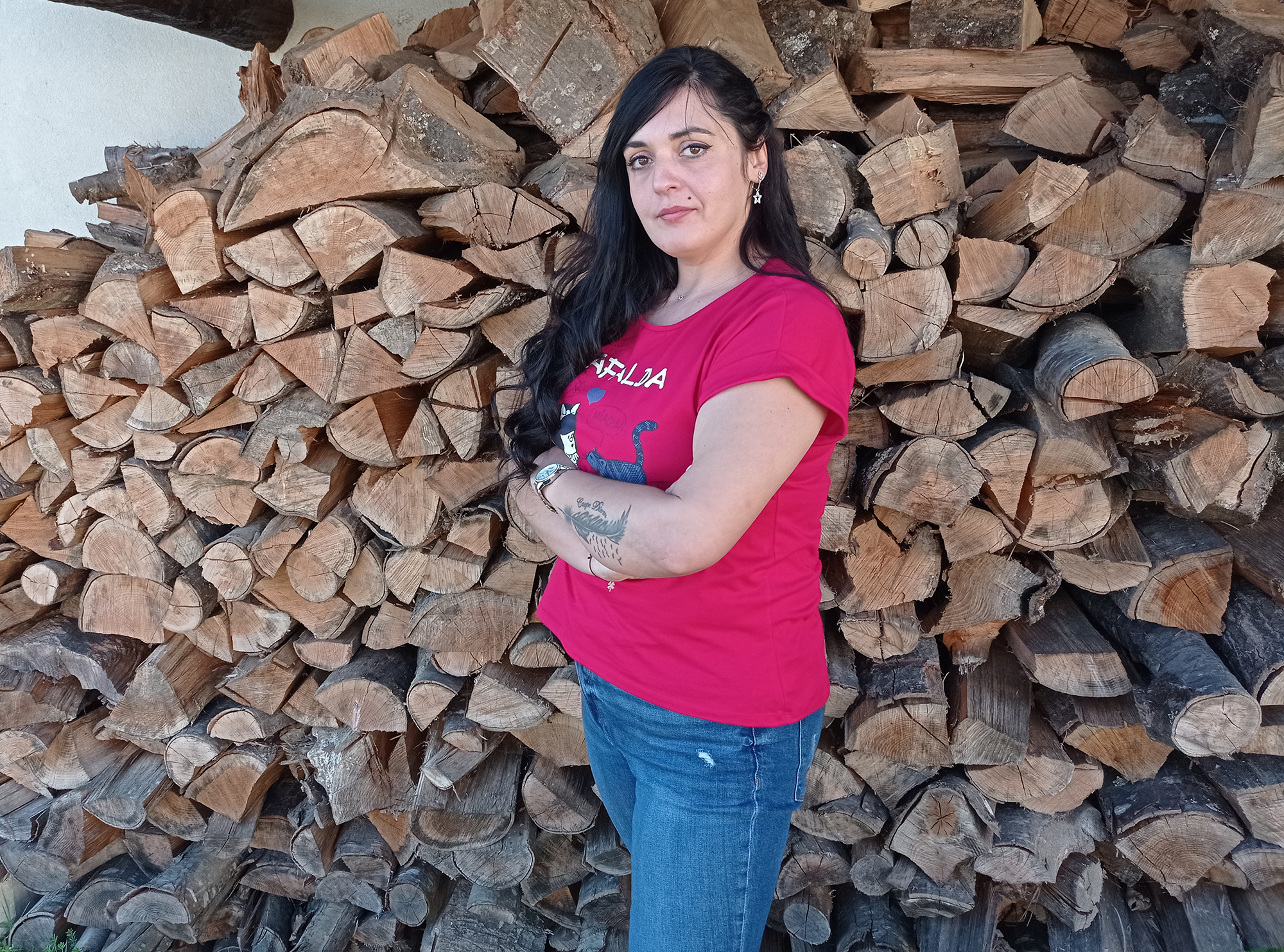"We're not all victims."
- Prostitution breaks down social and cultural norms that are not written. Sex workers own their bodies, their sexuality, their schedule and their economy, at least some of them. That is what our partners have told us. There are various experiences that do not regret their will.

“This work gives me the opportunity to live as I want,” explains Samara Sampairo, a sex worker. In addition to economic freedom, it began with respect for itself, because otherwise its living conditions were not what it wanted. He also told us that he lives at ease and without persecution. “I now live comfortably in the same situation that in Brazil was unacceptable and unthinkable.” Samara, a transsexual woman born in Brazil, constantly tells us about the persecution she suffered.
However, sex worker Laura Masso has a different opinion. He tells us that the most difficult thing about this profession is labels, social marginalization and loneliness. “Otherwise it has no more difficulties than any other trade,” he added.
Sonia Vega, a social worker from Aukera, an association that aims to help people who practice prostitution, states that the most difficult thing is to hide this trade. The opportunity was created in 1998 in Gipuzkoa with the objective of removing sex workers from the shade and reinserting them. The objectives of the Association are to ensure the health care of these women; to provide protection and psychological, legal and social counselling; and to create spaces of trust, among others. “Despite working as professionals in this work, they have very poor conditions. This capitalist system in which we live does not regulate rights and that allows entrepreneurs to do whatever they want, until they accept 12-hour working hours,” said Vega. In Social Security, in the State or in society it is not recognized as professional. Masso has told us that he works with dignity, but asks to be able to pay for his work, with all the “benefits” that this would bring. "Respect," he added.
Asked why there is behind all the prejudices and labels, the social worker talks about “control”: “The control of women’s sexuality is at the center. The erotic practice of women has always been a look at the husband and the possession of children, and prostitution breaks this barrier. Deciding who we want to stay with and also getting money is unacceptable to some.” She added that in addition to sex workers, this oppression is suffered by all women: “We are judged for having an attitude that society does not demand. The first adjective we will receive for pleasure, for having sex, for doing what we want with our body and sexuality will be the slut. And it has nothing to do with sex workers.”
Both Samabito and Masso tell us that their work is also a source of pleasure. “Reality changes according to the client. It can be hard, because we don’t know who we’re going to meet and what the hell is putting him in his head, but I enjoy it,” says the first. “We are not all victims; the reality we see on television has many faces,” he added. “I have lived it in a very intense way and I really like my profession. I always set my limits”, seconds. Among other things, they tell us about other benefits, such as autonomy.
Katakrak argitaletxearen Puta zikinak liburuaren kontra oldartu da CAPP Collectif Abolition Porno Prostitution kolektibo feminista Baionan, Elkar liburudendan. Juno Mac eta Molly Smith idatzi liburuaren azalak urratu eta "Prostituzioa: bezeroak, bortxatzaile... [+]
Sexu-lanaren gaineko eztabaida pil-pilean dago berriro ere mugimendu feministaren barruan. Batzuek iritzi argiak dauzkate, beste batzuek ez dakite oso ondo nola kokatu. Lynzi Armstrong ikertzailea Donostian izan zen azaroan bere azken liburua aurkezten, eta haren azalpenak... [+]
The latest report on prostitution in the Basque Country published by Emakunde once again focuses on women and disregards the role of entrepreneurs who move the business. The report "Trafficking in women and girls for the purpose of sexual exploitation in the Basque Country: needs... [+]
In Madrid, in the Spanish Parliament, the intention was applauded to make a law that equates homeworkers with other workers. The workers there said they applauded for the years struggle. The decision is a compromise for the moment that must go a long way towards becoming law... [+]























